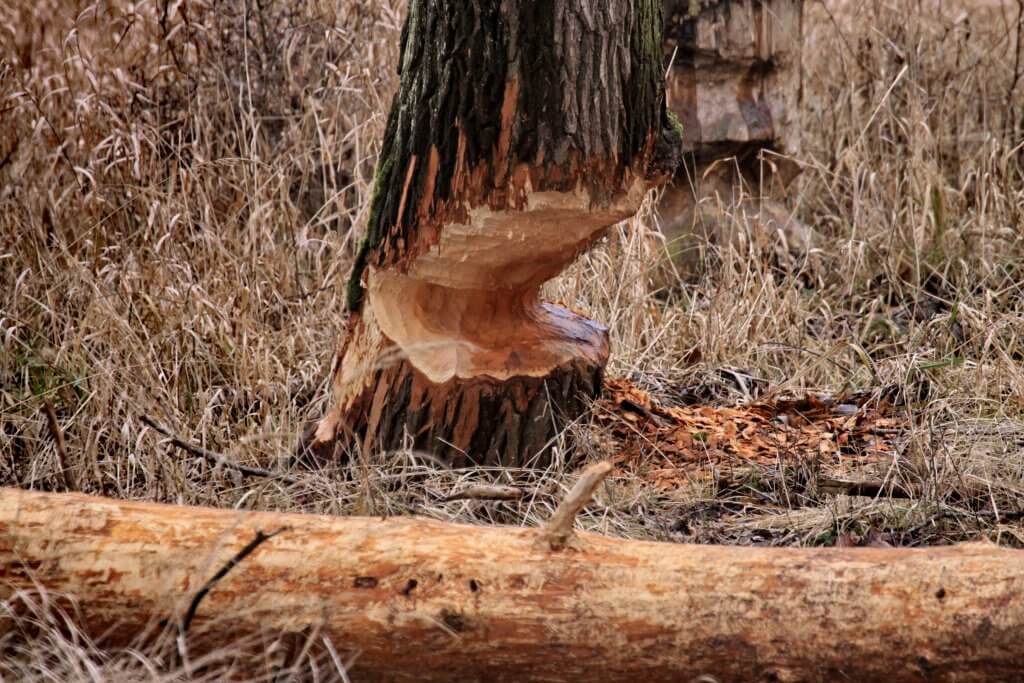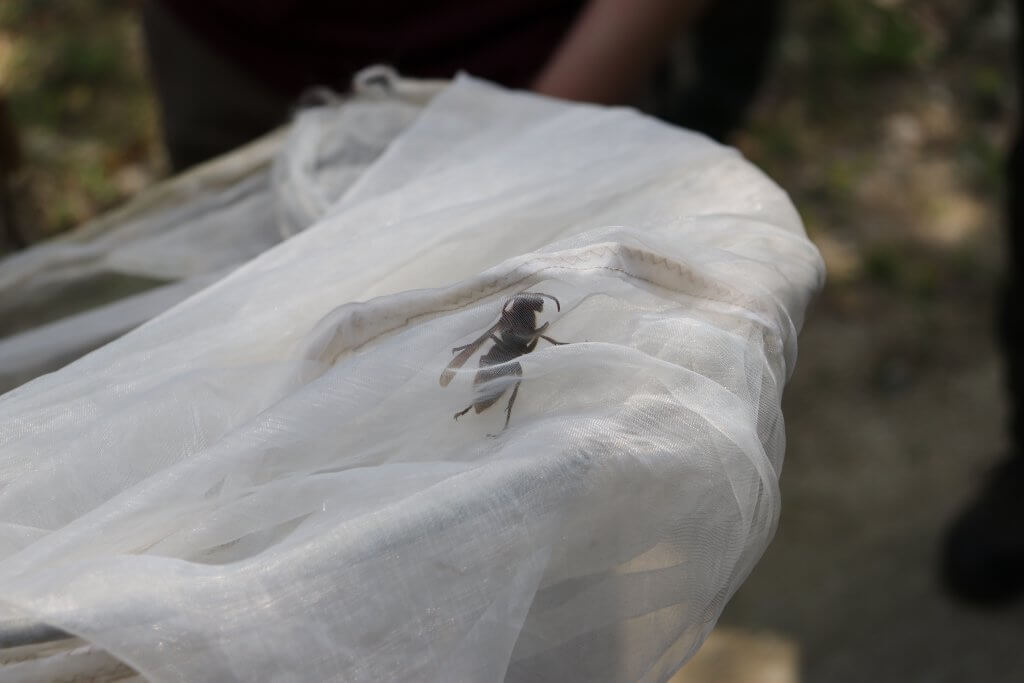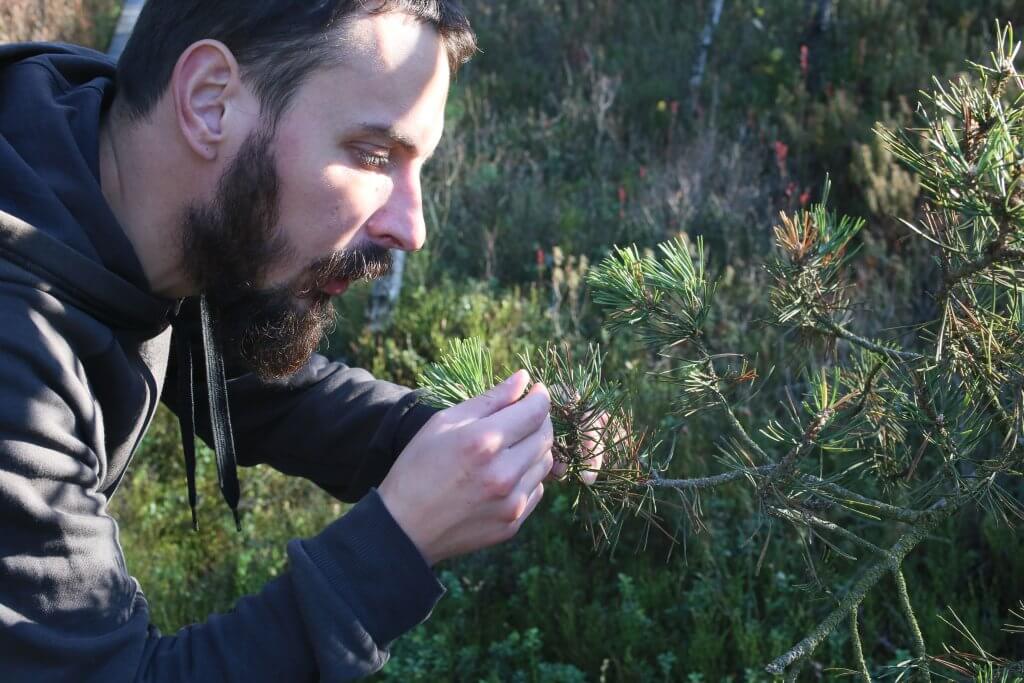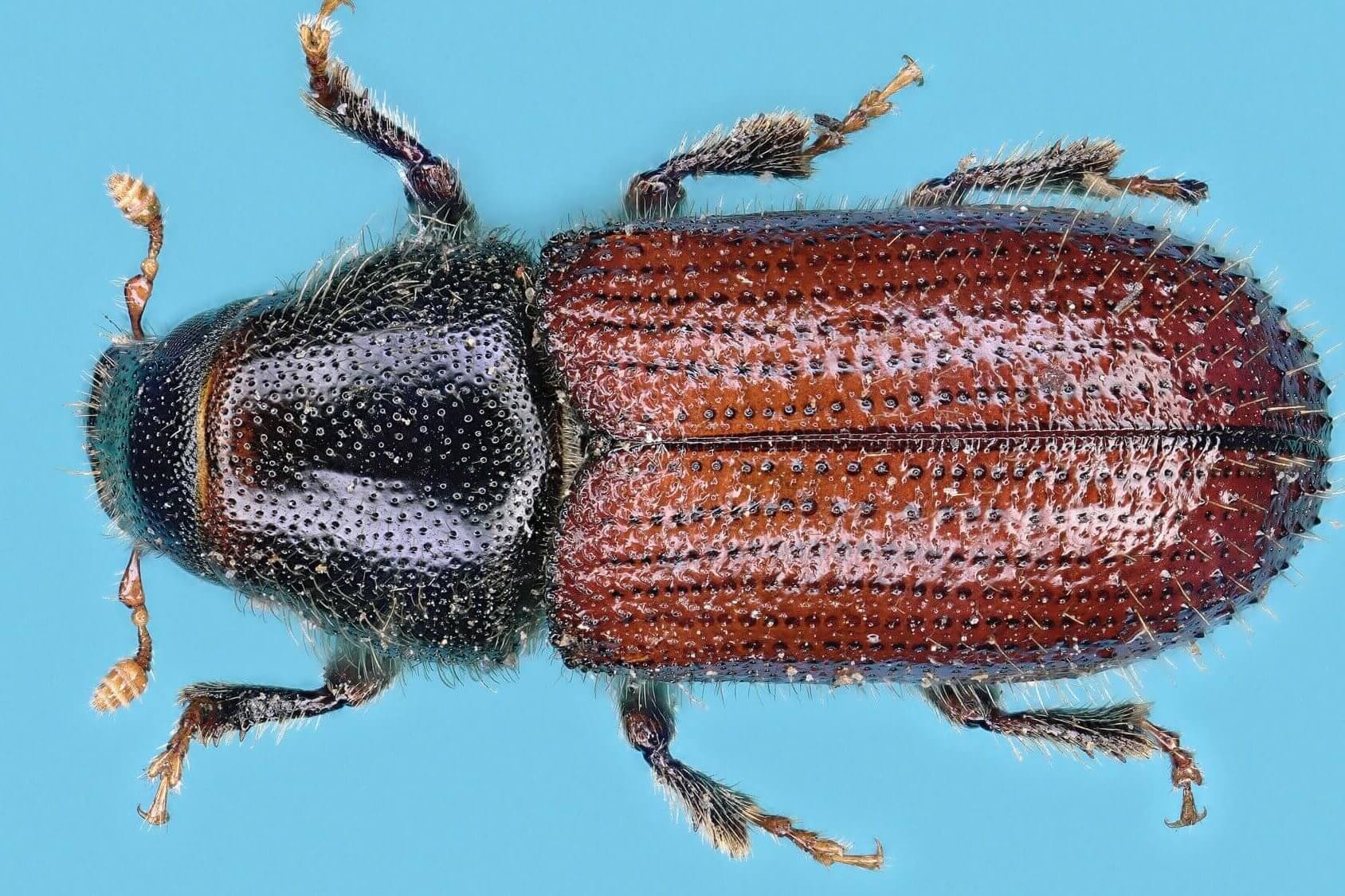Our research focuses on disciplines associated with forestry and tree conservation, including modern hunting techniques and wildlife management.
- We work on tree diseases in forests, outside forests and in urban environments.
- We propose adaptation and mitigation measures to reduce the impacts of global climate change
- We implement modern principles We implement modern principles in the management of game and other wildlife.
- Our research takes place Our research takes place in both state-of-the-art laboratories and directly in forest stands




Our laboratories:
Phytopathology laboratory
The phytopathology laboratory is equipped for both isolation, culturing and molecular detection of tree pathogens and classical identification of pathogens using optical methods. The laboratory offers facilities for culture isolation, media preparation and culture preservation.
Entomology laboratory
The entomology laboratory is primarily dedicated to the sorting, identification, preparation and storage of arthropod samples. The laboratory maintains high-quality optical equipment for detailed observations at the macroscopic and microscopic levels. The laboratory is also equipped for rearing insects and their extraction from wood bodies using photoelectrodes and has equipment for detecting the olfactory preferences of insects, including a dynamic olfactometer.
Wildlife Management Laboratories
The hunting laboratories are split into several sections, the first of which includes space for sample preparation, initial processing (including a dissection table) and storage. In the second section, blood, faecal and biological tissue samples can be processed, while the third section provides tables and equipment for homogenisation, centrifugation and pipetting.
Phytophthora Research Centre
The phytophthora research centre is used for the study of oomycetes of the genus Phytophthora, using microbiology, plant anatomy, bioinformatics and ecophysiology methods. We study both the genetics of Phytophthora and pathogen-host relationships from the perspective of ecophysiology and pathogenesis. The laboratory is equipped with a wide range of instruments, including a root scanner, automated electrophoresis systems, conventional and quantitative PCR instruments, fluorescence microscopes, and many more.
Our work has resulted in prestigious projects, publications and other outputs:
- SCAN-Danube (DRP0300848) – Strategies for Conservation of narrow-leaved ash populations (Fraxinus angustifolia) in the Danube basin – prof. Libor Jankovský (2025-2028)
- HORIZONT EUROPA, EXCELLENTIA – Centre for Forest Ecosystem Research at FFWT MENDELU – prof. Douglas Lawrence Godbold (2023–2028)
- HORIZONT EUROPA, PURPEST – Plant pest prevention through technology-guided monitoring and site-specific control – Dr. Thomas Jung (2023-2026)
- HORIZONT EUROPA, RESTORESEAS – Nature-based tools to protect and restore biodiversity – Dr. Thomas Jung (2022-2025)
- TAČR (SS71020002), Marine Forests of animals, plants and algae: nature-based tools to protect and restore biodiversity – Dr. Thomas Jung (2022–2025)
- TAČR (SS06020195), Veterinary and sociological aspects of the occurrence of wild animals in the urban environment as a basis for their effective management and decision-making by the state administration – Dr. Jakub Drimaj (2023–2025)
- TAČR (SS07020021), Northern raccoon as a threat to native ecosystems in the Czech Republic: food requirements, habitat preferences, population potential and eradication options – Dr. Ondřej Mikulka (2024–2026)
- OP VVV (CZ.02.1.01/0.0/0.0/ 15_003/0000453) Phytophthora Research Centre – prof. Libor Jankovský (2016–2023)
- INTERREG V-A (ATCZ 251) FORRISK – Cross-border risk management in forestry – doc. Petr Čermák (2021–2022)
- TAČR (SS05010070)
,– Spread of invasive parasite species and their devastating effects on the biodiversity of native ruminant species – Dr. Radim Plhal (2022–2024) - TAČR (TH04030444) – Tools and measures to minimise damage to the roots of nursery plants after planting caused by wild boar – Dr. Vlastimil Skoták (2019–2022)
- NAZV (QK1920184) – Technical and biological tools and procedures to prevent the African swine fever in population of free-ranging wild boar in the Czech Republic – prof. Jiří Kamler (2019-2021)
- TAČR (TL02000505) – Conditions for the harmonious alignment of biking in the forest environment with the interests of nature conservation and regional development – prof. Jiří Kamler (2019-2021)
- Horizont 2020 (no. 771271) HOMED – Holistic Management of Emerging forest pests – prof. Libor Jankovský (2018–2022)
- EEA Grants (EHP-CZ02-OV-1-019-2014) FRAMEADAPT – Frameworks and possibilities of forest adaptation measures and strategies connected with Climate change – doc. Petr Čermák (2015–2017)
- Horizont 2020 (no. 634179) Effective Management of Pests and Harmful Alien Species – Integrated Solutions – prof. Libor Jankovský (2015–2019)
Go to the University Information System.
Collaborations:
Our institutional and business partners can listed in the ‘About us’ section.
Doctoral studies
As part of their cuticulum, students in Doctoral programmes are engaged in both research and teaching. During their studies, their main tasks include the elaboration and defence of their dissertation, publishing activities related to their dissertation topic, possible professional practice abroad and passing the prescribed examinations.